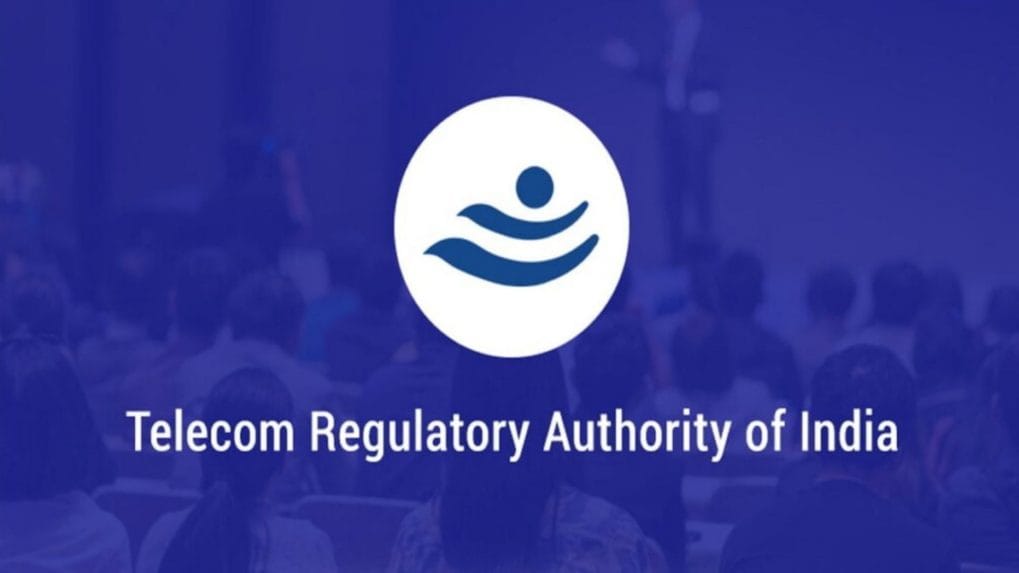DPOs slam TRAI’s draft audit rules, call broadcaster access ‘operational chaos’
Leading DTH and cable operators, including Dish TV, Tata Play, Airtel Digital TV, and AIDCF, have opposed TRAI’s proposed audit amendments, warning they could undermine audit integrity, breach confidentiality, and impose impractical compliance burdens on distributors.
ADVERTISEMENT
The Telecom Regulatory Authority of India’s (TRAI) draft Telecommunication (Broadcasting and Cable) Services Interconnection (Addressable Systems) (Seventh Amendment) Regulations, 2025 has sparked an industry-wide backlash from both direct-to-home (DTH) and cable distributors.
Leading distribution platform operators (DPOs)—including Dish TV India, Bharti Telemedia (Airtel Digital TV), Tata Play, and the All India Digital Cable Federation (AIDCF)—have raised red flags over key provisions in the proposed amendments, warning that they could jeopardize audit integrity, compromise confidentiality, and burden operators with impractical compliance mandates.
At the centre of the controversy lies a proposed clause that would allow broadcasters to depute a representative to attend the annual audit of DPOs. While the regulator has argued that the measure would enhance transparency and build trust, operators have called it “untenable” and “operationally disastrous.”
Dish TV warned that if every broadcaster were to appoint a representative, audit rooms could be swarmed by “10 to 15 additional individuals,” resulting in “a logistical nightmare” and “significant operational challenges.” Bharti Telemedia echoed the concern, saying that the physical presence of broadcaster nominees could create “undue influence” and undermine the independence of TRAI-empanelled auditors.
Tata Play expressed strong reservations about data confidentiality, noting that its audit premises contain “sensitive information not required for sharing.” With over 20 pay broadcasters on its platform, the company warned that one broadcaster’s representative could easily gain access to confidential data being shared with another. “This creates a serious threat to confidentiality,” it said, calling the proposal “counterproductive to trust.”
The All India Digital Cable Federation (AIDCF), representing multi-system operators (MSOs) and cable distributors, echoed these fears in its formal submission to TRAI. It argued that the presence of broadcaster representatives would “undermine the independence and objectivity” of the audit process, which is meant to be a third-party assessment conducted by TRAI-empanelled professionals.
The federation noted that existing mechanisms already allow broadcasters to participate meaningfully—through written submissions before and after the audit. “Allowing physical presence of multiple broadcaster representatives creates disruption, confidentiality risks, and data leakage concerns,” said AIDCF Secretary General Manoj P. Chhangani. “We strongly urge the Authority to delete this clause in its entirety.”
Dual-Audit System Under Fire
Another flashpoint is Regulation 15(2), which allows broadcasters to commission separate audits of DPO systems. Bharti Telemedia has called for its removal, proposing a single unified audit framework under Regulation 15(1) to avoid duplication. The company contends that the dual-audit regime “undermines TRAI’s credibility,” “creates multiplicative costs,” and “diverts management bandwidth.”
“Broadcasters, who are commercial partners in the value chain, are being empowered to run parallel audits that challenge the regulator’s authority,” Bharti said in its submission. Dish TV, however, maintained that the current dual structure “is finely balanced and adequately serves both sides.”
AIDCF, for its part, emphasized accountability and proposed that TRAI explicitly define the liability of empanelled auditors in cases of “gross negligence or bias.” The federation urged the creation of a blacklisting mechanism for auditors found guilty of misconduct or misrepresentation, to “foster trust and ensure equitable responsibility among all stakeholders.”
AIDCF has also opposed TRAI’s proposal to exempt DPOs with fewer than 30,000 active subscribers from mandatory annual audits, arguing that such exemptions “defeat the principle of parity.” It warned that the move could incentivize larger operators to split their networks to evade audit obligations.
Even smaller DPOs, it argued, generate revenues between ₹3–5 crore annually, making the audit cost of ₹75,000–₹1 lakh “negligible in comparison.” “Transparency cannot be conditional on scale,” AIDCF wrote, urging TRAI to retain mandatory audits for all distributors, regardless of size.
While the industry supports TRAI’s move to align the audit cycle with the financial year and broaden audit scope to include systems like CAS, SMS, and DRM, it has called for rationalisation of repetitive audits. AIDCF suggested that once a compliance audit is completed and no hardware or infrastructure changes occur, subsequent annual audits should focus only on subscription verification.
“This would prevent duplication, optimise costs, and allow auditors to concentrate on the dynamic aspects of operations,” AIDCF said, adding that full compliance audits should only be triggered by material system changes.
The federation further recommended that TRAI publicly disclose non-compliant DPOs on its website and empower broadcasters to disconnect signals of entities that fail to complete annual audits—measures it believes would strengthen enforcement.
The draft also proposes shifting the audit calendar to the financial year, with audit completion by September 30. While operators welcomed this clarity, Dish TV and Bharti Telemedia argued that six months was insufficient for the “resource-intensive exercise” of verifying reports across multiple broadcasters. They requested an extension of the deadline to nine months (i.e., until December 31) to ensure thoroughness.
Bharti Telemedia also called for expanding infrastructure-sharing provisions across all DPO categories—DTH, IPTV, MSO, and HITS—on a pass-through cost basis, arguing it would promote convergence, reduce CapEx and OpEx, and enhance sectoral efficiency.
For now, the message from distributors is clear: the proposed amendments, in their current form, threaten to disrupt established processes and could introduce “chaos into a system that has otherwise functioned with reasonable checks and balances.”
As TRAI reviews stakeholder feedback, the final version of the regulation—expected early next year—will determine whether India’s broadcasting audit regime evolves toward greater transparency or deeper regulatory friction.
Read More: Broadcasters to get bigger role in DPO audits as TRAI pushes for trust building
Read More: EXCLUSIVE: Broadcasters and DPOs clash as TRAI receives mixed feedback


